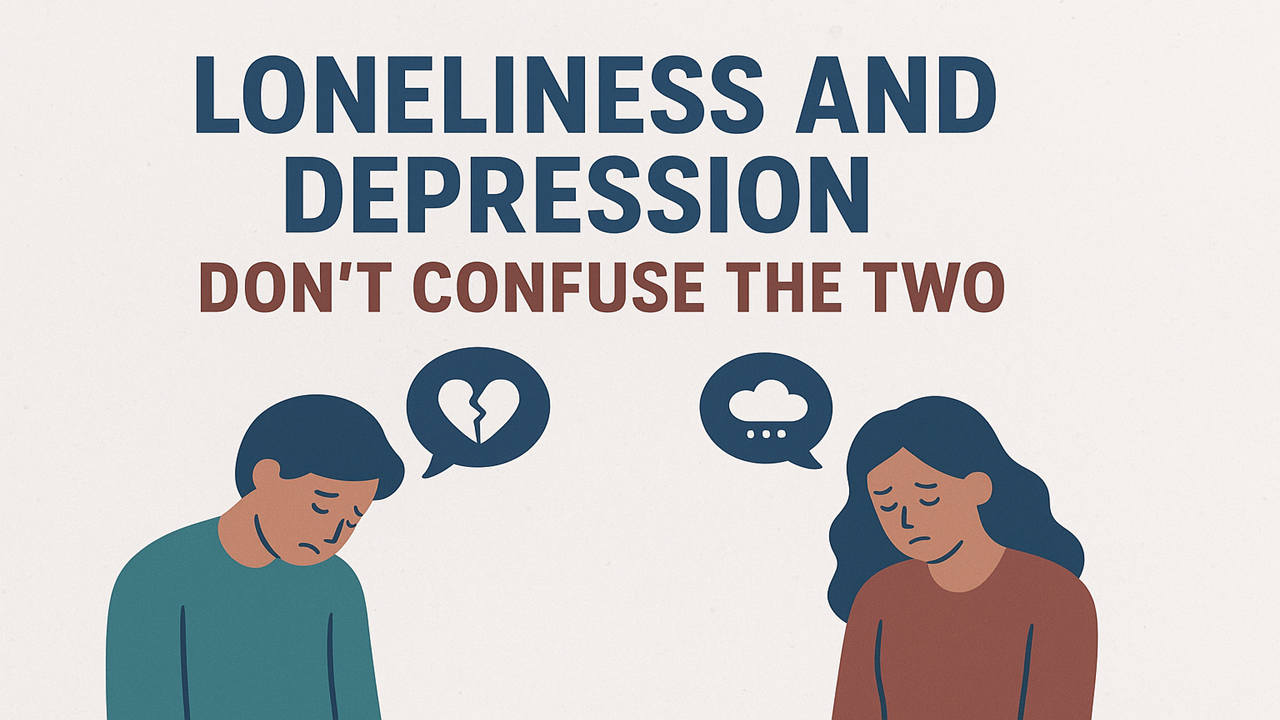.jpeg)
- 18 Jan 2025
- Psy. Ashish Pandey
Rebuilding Trust After a Conflict
Conflict is an inevitable part of any relationship, whether
it’s between friends, family members, colleagues, or partners. While
disagreements can sometimes strengthen bonds through deeper understanding, they
can also fracture trust. Rebuilding trust after a conflict is challenging but
essential for restoring harmony and fostering growth in the relationship.
Here’s a step-by-step guide to help navigate this delicate process.
1. Acknowledge the Conflict
The first step in rebuilding trust is to acknowledge what
happened. Avoid brushing the conflict under the rug or pretending it never
occurred. Take time to reflect on the situation and identify the core issues
that led to the disagreement. A genuine acknowledgment shows maturity and a
willingness to address the problem.
2. Take Responsibility
Owning your actions is a critical step in rebuilding trust.
If you’ve contributed to the conflict, admit it without deflecting blame. Avoid
justifications or excuses, and instead, express sincere regret for any pain or
harm caused. Taking responsibility builds credibility and demonstrates
accountability.
3. Communicate Openly
Clear and honest communication is the cornerstone of trust.
Create a safe space for an open dialogue where both parties can express their
feelings and perspectives. Listen actively without interrupting or becoming
defensive. Validate each other’s emotions, even if you don’t fully agree. This
exchange can help rebuild emotional connection and mutual understanding.
4. Apologize Sincerely
An apology goes a long way in mending a broken relationship.
Ensure your apology is heartfelt and specific, addressing the hurt caused.
Avoid generic statements like, “I’m sorry if I hurt you.” Instead, say
something like, “I’m sorry for [specific action] and the pain it caused you.”
Genuine apologies acknowledge the impact of your actions and demonstrate
empathy.
5. Rebuild Through Actions
Rebuilding trust requires more than words; it demands
consistent and trustworthy behavior over time. Follow through on commitments,
be dependable, and demonstrate that you’re genuinely invested in repairing the
relationship. Small, positive actions can rebuild confidence and show that
you’re serious about change.
6. Set Boundaries and Expectations
After a conflict, it’s essential to establish clear
boundaries and mutual expectations to prevent similar issues in the future.
Discuss what each person needs to feel respected and secure in the
relationship. Setting boundaries helps create a framework for healthy
interactions and reduces the likelihood of misunderstandings.
7. Be Patient
Trust is fragile and can take time to restore. Understand
that rebuilding trust is a process that involves patience and perseverance.
Avoid rushing or pressuring the other party to move on before they’re ready.
Give space for healing while remaining committed to the relationship’s
recovery.
8. Seek Professional Help if Needed
Sometimes, conflicts run deep, and rebuilding trust may
require external support. Don’t hesitate to seek help from a mediator,
counselor, or therapist. A professional can provide guidance, tools, and a
neutral perspective to help both parties navigate the complexities of
reconciliation.
Conclusion
Rebuilding trust after a conflict is not easy, but it is
achievable with effort, honesty, and compassion. By acknowledging the conflict,
taking responsibility, communicating openly, and committing to positive
changes, you can mend the relationship and emerge stronger together. Remember,
trust is not just about avoiding mistakes but about how we handle them when
they occur.






